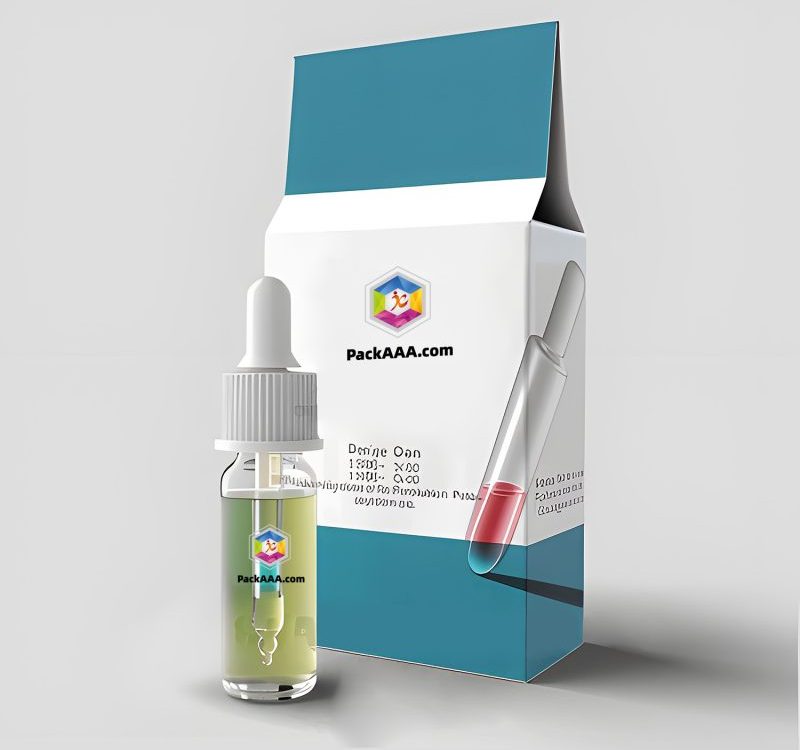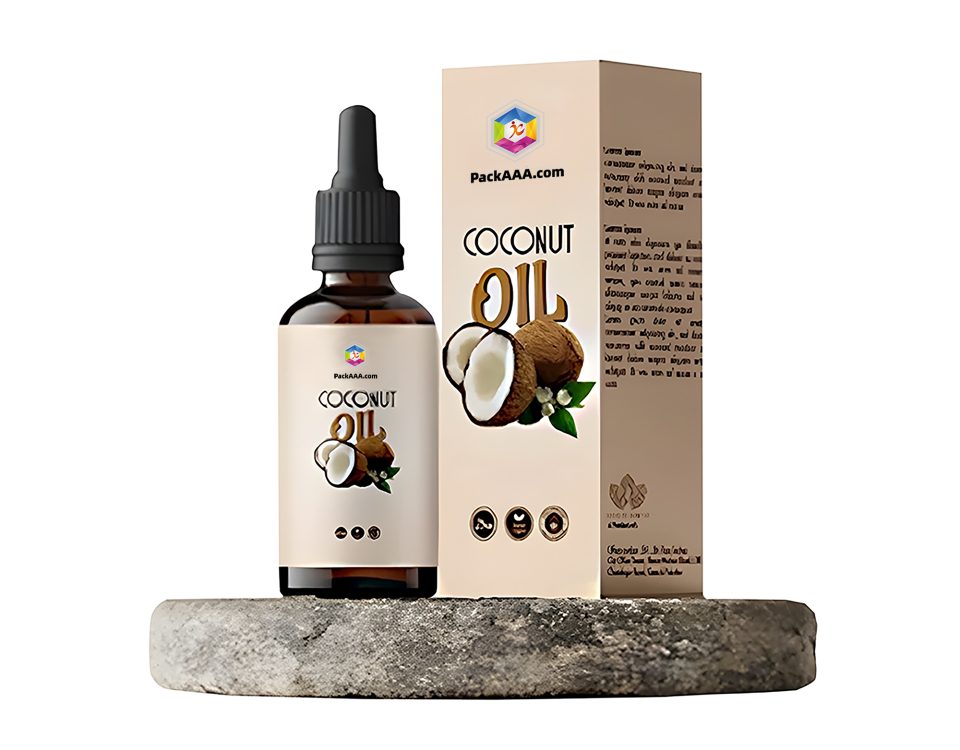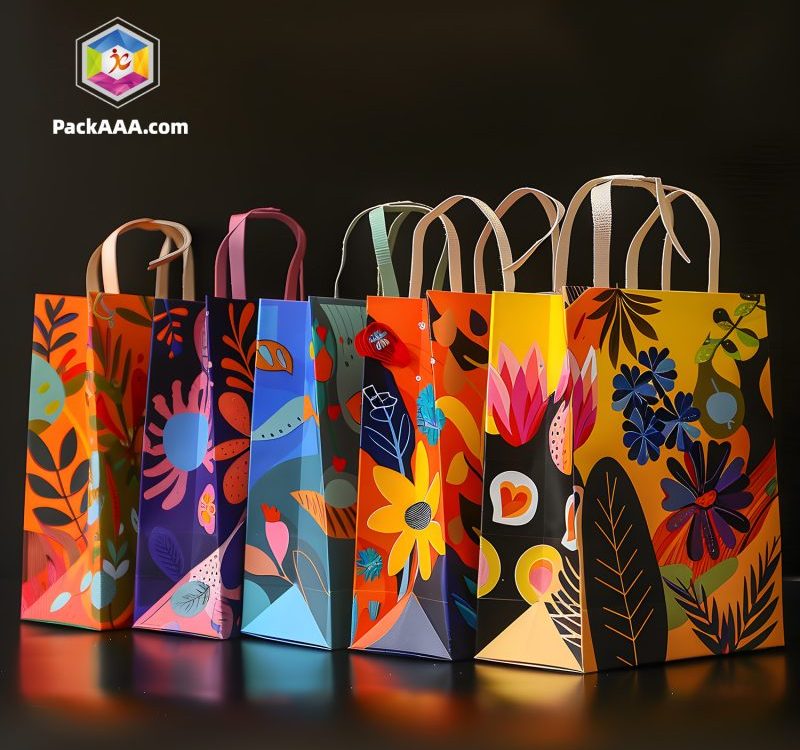Plastic pollution and packaging poses a significant threat to our environment, contributing heavily to greenhouse gas emissions and pollution. In fact, plastic pollutions are responsible for approximately 3.4% of global CO₂ emissions, equating to around 1.8 gigatons annually. This blog examines the detrimental effects of plastic packaging, highlights the advantages of adopting sustainable alternatives, and discusses global packaging policies promoting eco-friendly practices.
Why Plastic Pollution is Harmful to the Environment
1. Production Emissions
The manufacturing of plastic packaging is a major contributor to greenhouse gas emissions and plastic pollution. Derived from fossil fuels like crude oil and natural gas, the extraction, refining, and processing of these materials release significant amounts of greenhouse gases (GHGs), particularly carbon dioxide (CO₂) and methane (CH₄).
2. Transportation Emissions
The logistics of transporting raw materials and finished plastic products further exacerbate the problem. This energy-intensive supply chain adds considerable GHG emissions, making plastic packaging’s carbon footprint even larger.
3. Usage and Degradation
Certain plastics, especially those utilized in agriculture, can emit GHGs during their lifecycle. As these materials degrade under UV light and heat, they release smaller quantities of GHGs like methane and ethylene, contributing to climate change.
4. Waste Management Challenges
Plastic waste management remains a daunting issue. In landfills, plastics decompose slowly and emit methane, a potent greenhouse gas. Furthermore, incinerating plastic waste generates CO₂ and other harmful emissions; in 2019, waste incineration accounted for approximately 16 million tons of CO₂ equivalent emissions.
5. Microplastics and Ocean Impact
Microplastics pose a severe threat to marine ecosystems, potentially disrupting their ability to sequester carbon. Preliminary studies indicate that these particles from plastic pollution may impair the ocean’s capacity to absorb CO₂, indirectly affecting the greenhouse effect.
Reducing plastic pollution is essential for addressing these environmental challenges and fostering a more sustainable future.
The Benefits of Biodegradable and Recyclable Alternatives
As the urgency to combat environmental issues rises, businesses and consumers alike are shifting towards sustainable packaging solutions. Here are some compelling reasons to consider biodegradable and recyclable materials over traditional plastics:
1. Cost-Efficiency
- Lower Waste Management Costs: Biodegradable materials decompose naturally, leading to reduced landfill disposal expenses.
- Enhanced Brand Value: Implementing sustainable practices boosts brand image and fosters customer loyalty.
- Avoidance of Regulatory Penalties: Compliance with global regulations on single-use plastics helps businesses avoid fines and legal complications.
2. Improved Health and Safety
- Reduced Exposure to Toxins: Biodegradable materials, made from natural ingredients like cornstarch or cellulose, do not leach harmful chemicals.
- Safer for Wildlife: Unlike conventional plastics, biodegradable options break down safely, posing less risk to both marine and terrestrial animals.
3. Reduced Carbon Footprint
- Lower Emissions: The production of biodegradable materials typically requires less energy, resulting in lower GHG emissions compared to traditional plastics.
- Carbon Sequestration: Plant-based biodegradable materials absorb CO₂ during their growth phase, effectively offsetting emissions.
- Less Landfill Waste: The rapid decomposition of biodegradable materials reduces landfill accumulation and minimizes methane emissions.
4. Positive Brand Image and Consumer Trust
- Consumer Preference: Brands prioritizing sustainability attract environmentally-conscious consumers, enhancing their reputation and competitiveness in the market.
Global Packaging Policies and the Shift Towards Sustainability
Global policies increasingly support sustainable packaging practices and fight against plastic pollution. Governments and international organizations are implementing stricter regulations to curb plastic waste and encourage eco-friendly materials. Staying informed about these policies and aligning your business with sustainability goals can offer a competitive advantage and contribute to global environmental initiatives.
About PackAAA Ltd.
At PackAAA Ltd., we are dedicated to sustainability and cost-effective packaging solutions. With over 10 years of manufacturing experience, we strive to deliver the most sustainable and efficient packaging options in collaboration with our partners.
For more information or to explore our sustainable packaging solutions, please contact us at Contact@PackAAA.com or via WhatsApp at +86 181 0020 3843.
By integrating sustainable practices into your business operations, you can contribute to a healthier planet and enhance your brand’s reputation. Let’s collaborate for a greener future!






